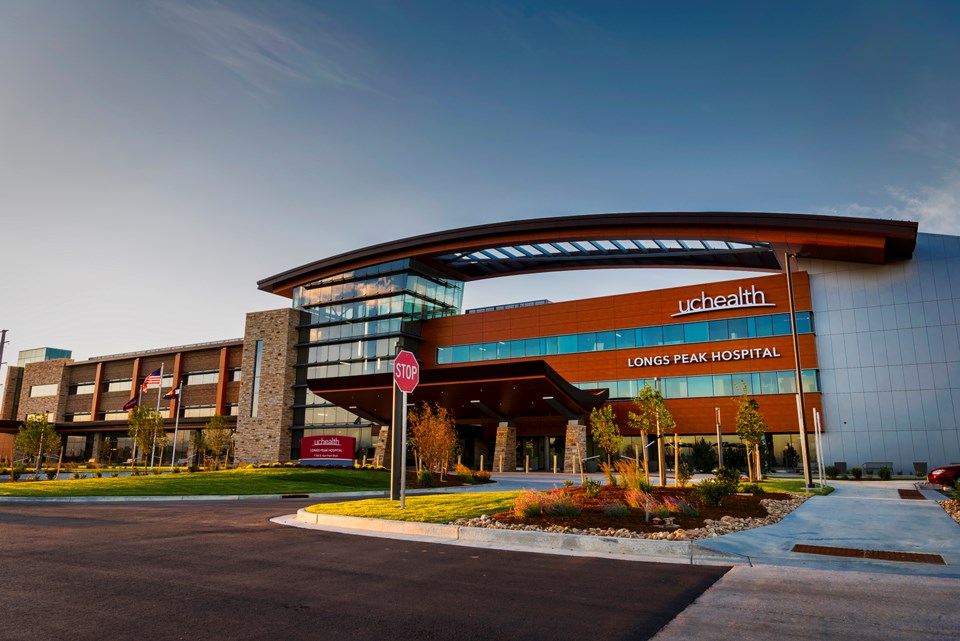UCHealth has opened a clinic at Longs Peak Hospital specializing in electroconvulsive therapy.
The clinic “will help patients with severe mental illnesses, many of whom have gone through years of treatment and have not seen improvement,” according to a news release. The UCHealth Refractory Depression Clinic led by psychiatrist Dr. Konoy Mandal started caring for patients this month.
“Over the past year, we’ve expanded our offering of much-needed behavioral health services in primary care clinics across the state,” Elicia Bunch, vice president of behavioral health for UCHealth, stated in the release. “This new clinic in Longmont is going to take it a step further by specifically helping people whose conditions have been especially difficult to treat. The goal will be to get them into remission.”
Electroconvulsive therapy is a treatment for patients with severe depression or bipolar disorder that have not responded to traditional medication or psychotherapy, according to the release. The clinic is the first UCHealth location to offer the procedure in which small electric currents are passed through the brain while the patient is under general anesthesia, according to the release.
“In much the same way as electric currents to the heart can restore a normal rhythm to patients with an irregular heartbeat, ECT restores the patient’s brain ‘beat’ to a healthy pattern, reversing symptoms of certain mental health conditions,” UCHealth stated in the release.
ECT is safe and much improved from earlier treatments administered without anesthesia that have been negatively depicted in film, print and online media, according to Mandal.
“Modern day ECT is very different from ECT in the past. One has to remember ECT was initially developed when electricity was not able to be managed as it is now,” Mandal stated in the release. “Now, we can mimic the way neurons communicate between themselves and know where to aim, thanks to PET and Functional MRI scans. And today’s ECT also has 1% of the side-effects of ECT even 10 years ago.”
Mandal, who recently joined UCHealth with 20 years of experience, is certified by the International Society for ECT and neurostimulation and has performed more than 25,000 ECT treatments, according to the release.
For more information about the clinic, go to bit.ly/UCHealthRefractoryDepressionClinic.


